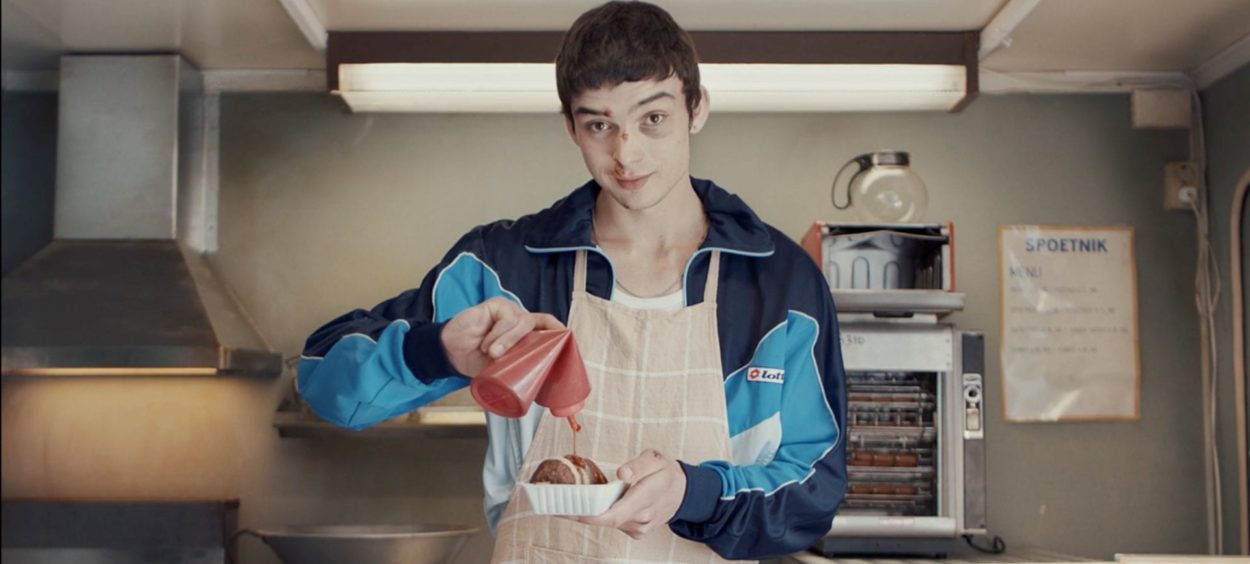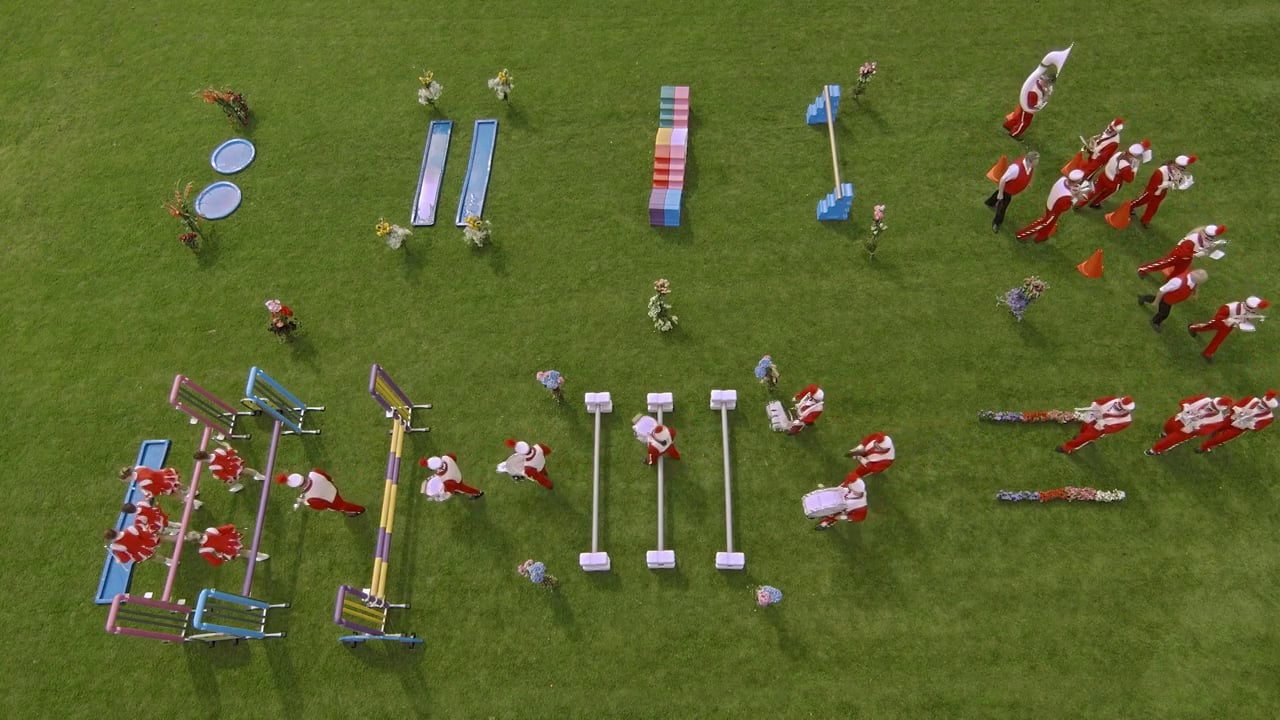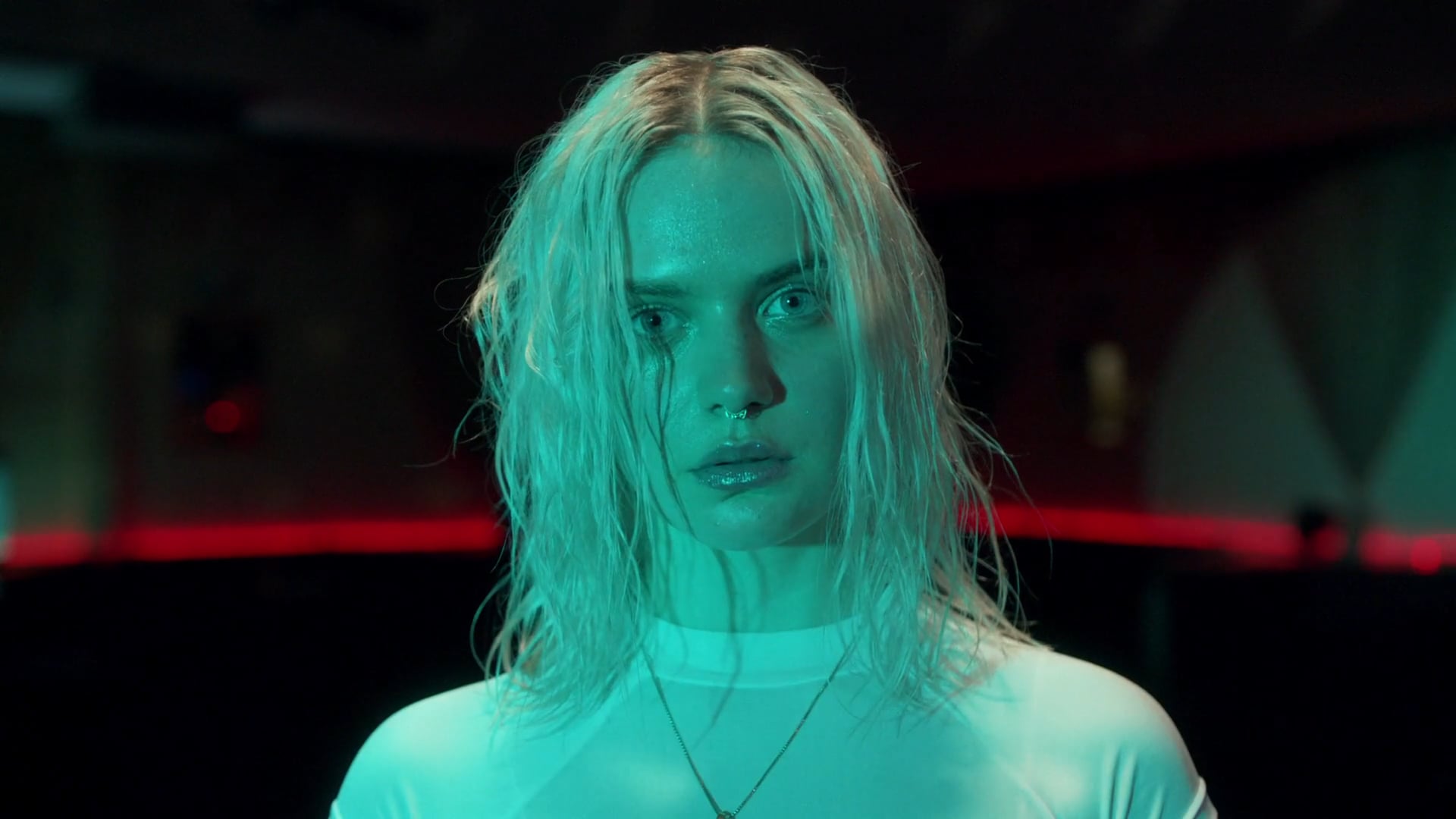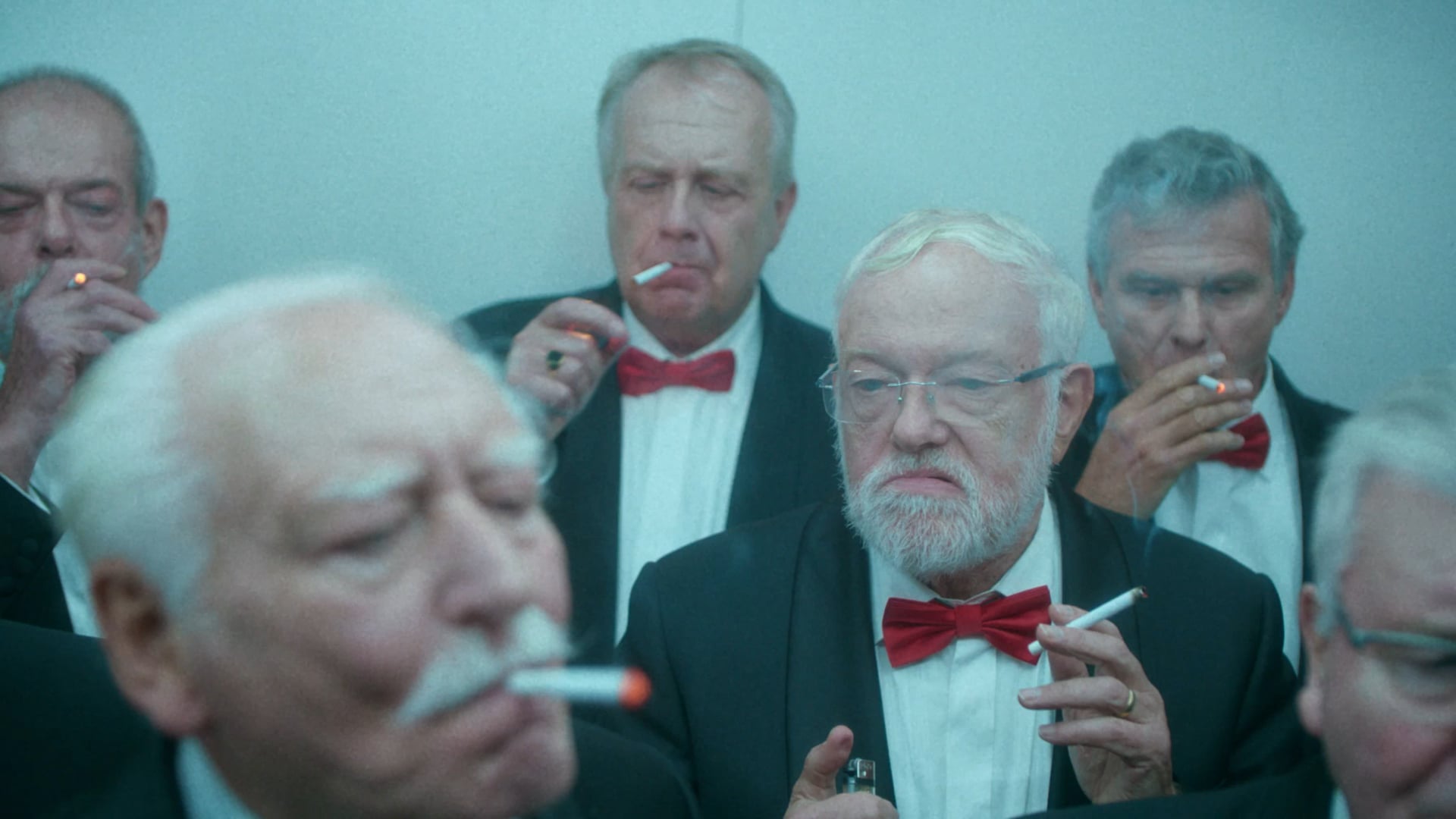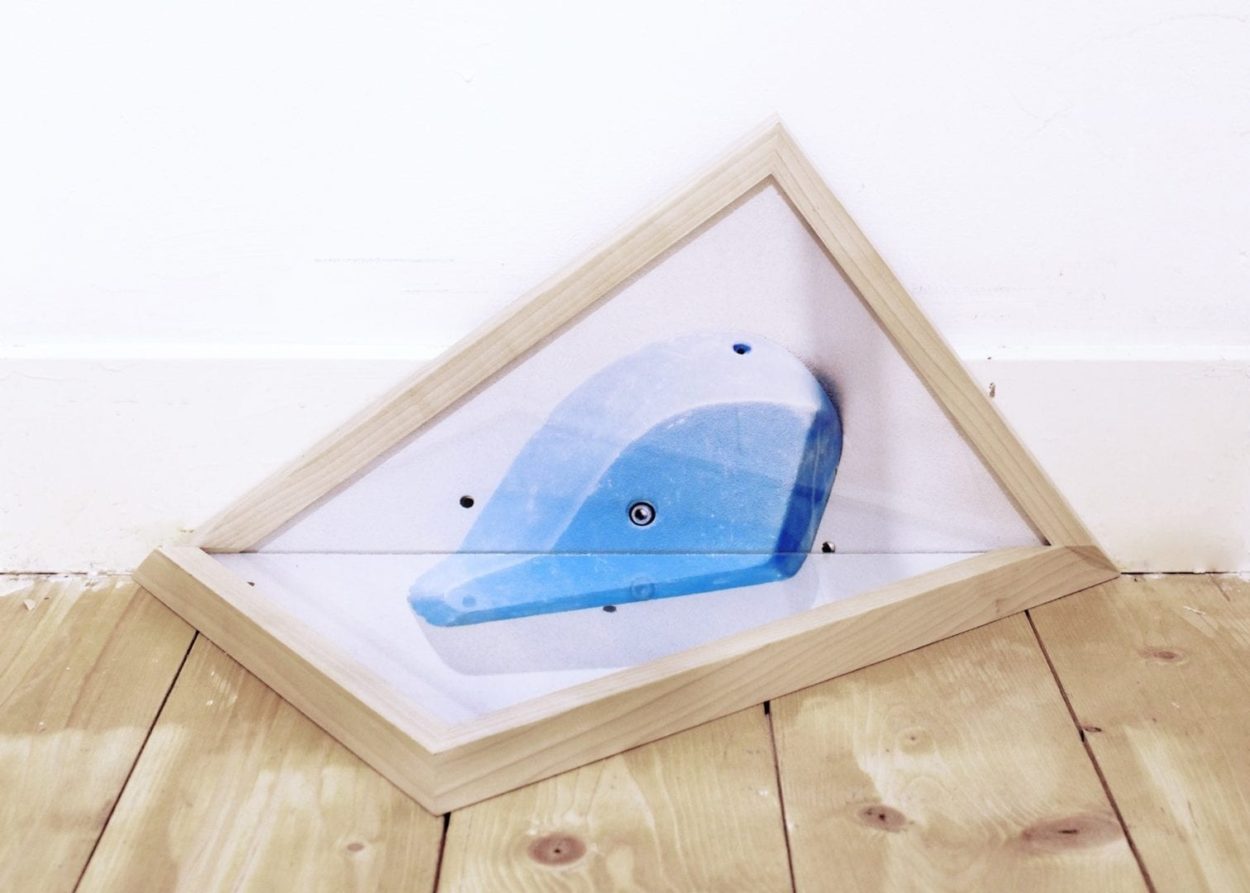Noel, you show a very distinctive imagination in your work whether it’s film or stills – did you always see life through this idiosyncratic perspective even as a child?
Yes. In short!
I’ve always been an ‘observer’ – without sounding too passive – I find bliss in soaking up life and the various elements surrounding it. Observing my fish, for instance, gives me a lot of joy. Add to that a good dose of almost child-like imagination and curiosity and you have my lens on the world in a nutshell.
Even today I keep my inner child alive by attempting to see things from that un-biased place of making sense of the world. Sometimes that means making big issues smaller, and smaller issues bigger. I’m fascinated by exploring how people live in their own bubbles, and putting those bubbles under the loop, investigating how they become meaningful. This often results in me sharing the stories nobody is waiting for (or sometimes the stories nobody knew they had to know about).
How would you describe your style?
Visually I like to keep things simple, whilst discretely adding subtle hints of irony. But that’s my visual expression. If you zoom in to look at the stories, they’re usually quite universal, everyday topics.
Moving between photography and film, I guess my work aesthetically reflects this hybridity. I always try to tell as much as possible within one frame, both in photography and film. In film, this pans out in an almost theatrical way, as if the audience are observing a stage. For me this immediately adds a layer of humour, and as a director you have to be very conscious about building tension to keep the attention of the viewer. A lot of thought goes into the design and the details in each single frame, to still provide an engaging storyline filled with surprises and triggers.
When did you realise you wanted to be a filmmaker?
When I look at the works from installation/video artist Roman Signer, I always feel like making things myself. His work was truly one of the driving-forces inspiring me to go to art academy. Later I joined HALAL as a photographer, and being part of a production company that nurtures its talent across fields and divisions also gave me the chance to experiment with film.
I was curious to tell stories and create worlds with a beginning and an end, not only capture one particular moment as you do in photography. It’s been a really great way for me to explore and blur the lines between industries and formats even.
My first short film was primarily a sound experiment. Coming from a photography background, I went to film academy to study sound and directing since sound is absent on photography. So, I was really keen to investigate sound, and I came up with a one shot film called ‘Obstacle Course’ where you see a brass band moving through a horse obstacle course (See video above).
Did you go to film school or learn on the job?
Both, and I’m still learning.
Does writing come easily to you or do you have to discipline yourself into a set routine?
I write myself emails with ideas, and that’s how the process starts. I then keep the conversation going, with myself, developing those ideas in more depth. I have one chain for photography and one for film. I definitely have to discipline myself, I guess this method kind of works for me.
I’m a very image driven director, so my way of writing a script is super detailed (it’s also a part of the process I really enjoy). Even though I like putting my ideas on paper, I have a love hate relationship with deadlines. So, I find it useful and stimulating to discuss my ideas with the people I work with, as early as possible. It forces me to concretise and importantly, to keep the idea alive.
Your short film Sputnik is picking up accolades on the festival circuit as well as it has just been Vimeo staff picked this weekend. 1.4 loves it too! Please tell us how the film came about – did it all stem from one initial idea? Was the production quite straight forward apart from using copious amounts of tomato sauce – what were the biggest challenges of getting the film made?
Well thanks! It started from the idea to make a nostalgic, playful story set in the Dutch province of Limburg. It’s where I’m from. In this area of the country, we have a bar snack called ‘spoetnik’. It’s deep-fried meatball and onion on a stick. When I moved to Amsterdam, I remember I wanted to order a ‘spoetnik’, but it has a different name in this region. So that added to the nostalgia that arose with regards to my birth grounds, made me want to make this film.
The spot where we filmed ‘Spoetnik’ is precisely located between my divorced parents (dad in Belgium and mother in the Netherlands). I passed this location a lot and I guess it had some sort of sentimental meaning to me.
So, I guess the initial idea came from that particular time in my life, having moved away from the place I grew up and having a need to pay tribute to this region in some form or another. Spoetnik, the chips stand or food truck (food truck almost sounds too hip but in lack of a better word it’ll have to do for now), named after its speciality, is the point of all the narrative in this film. Right across the street is a brothel with an alluring girl who evidently needs the main character’s help.
At the end of the film there is an event that was quite tricky to stage. Don’t want to spoil anything but if you see the film, you’ll probably understand what I’m referring too. Also, there’s a girl in the film who has to eat a lot spoetniks and thus a lot of meat, and, it turned out she was vegetarian. She basically had to seduce the main character whilst keeping something in her mouth she didn’t want to eat. Good actress, that Romy Gevers!
We also didn’t have a permit to block the road, which is kind of central in the movie, but it actually turned out OK. It wasn’t that much traffic anyway.
I always think it’s funny with productions, the things you’re the most worried about usually turn out OK. Whereas things you don’t think about, well. The first shot in the film starts with someone falling off a scooter, and he had to land within the frame. We managed to do that in one take.
If you saw the script of your music video, Really Wanna Tell You, on a piece of paper it would seem, well, dull. But it’s anything but dull. What was your vision for this film and how did you translate that to the band when you were directing it?
That’s a good question (and a sharp observation)! My concept was really quite simple, playing on the theme of the song. ‘I Really Wanna Tell You’ has this implicit sub context of ‘I Really Wanna Tell You, But I Won’t’. So, I wanted to make a film playing on that, and using dance to visualise how you want something but you won’t do it. The dance really brings the narrative to life, and it’s even another layer to it as dancing often is the form of communication people turn to when they don’t want (or dare) to talk.
I really wanted to focus on the simple act of two people dancing, using the frame to create tension and build up. By consciously using the frame and playing with the focus and perspective, it’s hard to tell if the two are close to each other or far apart. You never see them dancing together in the same frame. It makes you wonder if it’s a monologue or a dialogue.
So yeah, perhaps less doll than one would think! The band were also 100% on board from the beginning and it was a really great collaboration.
Do you collaborate with a regular director of photography? What is your favourite camera and kit?
Mhm, always the same man – Tim Kerbosch. We met during the making of my first film, Obstacle Course. We clicked immediately! The film is a great example of how I use the frame in my work, everything is in one shot and all the action happens within one frame. I was a photographer making a film, and he had the expertise in this format, so he forced me to translate my vision into that new medium, to be more dynamic.
We now have a super smooth process, he knows what I like and what I really don’t like. That’s invaluable and allows me to put my energy into other aspects of directing, as I don’t have to explain every little detail anymore. We have really developed together and push each other to be more experimental. He knows where to challenge me, also from a conceptual point of view.
Anything else you’d like to share?
I’m really excited about being able to work across formats and mediums, and take my overall artist vision to the next level. As a photographer moving into fiction films, and then as a fiction director flirting with commercial work. It’s a nice mix, pace and flow of diversity that ultimately challenges me to keep moving forward.
